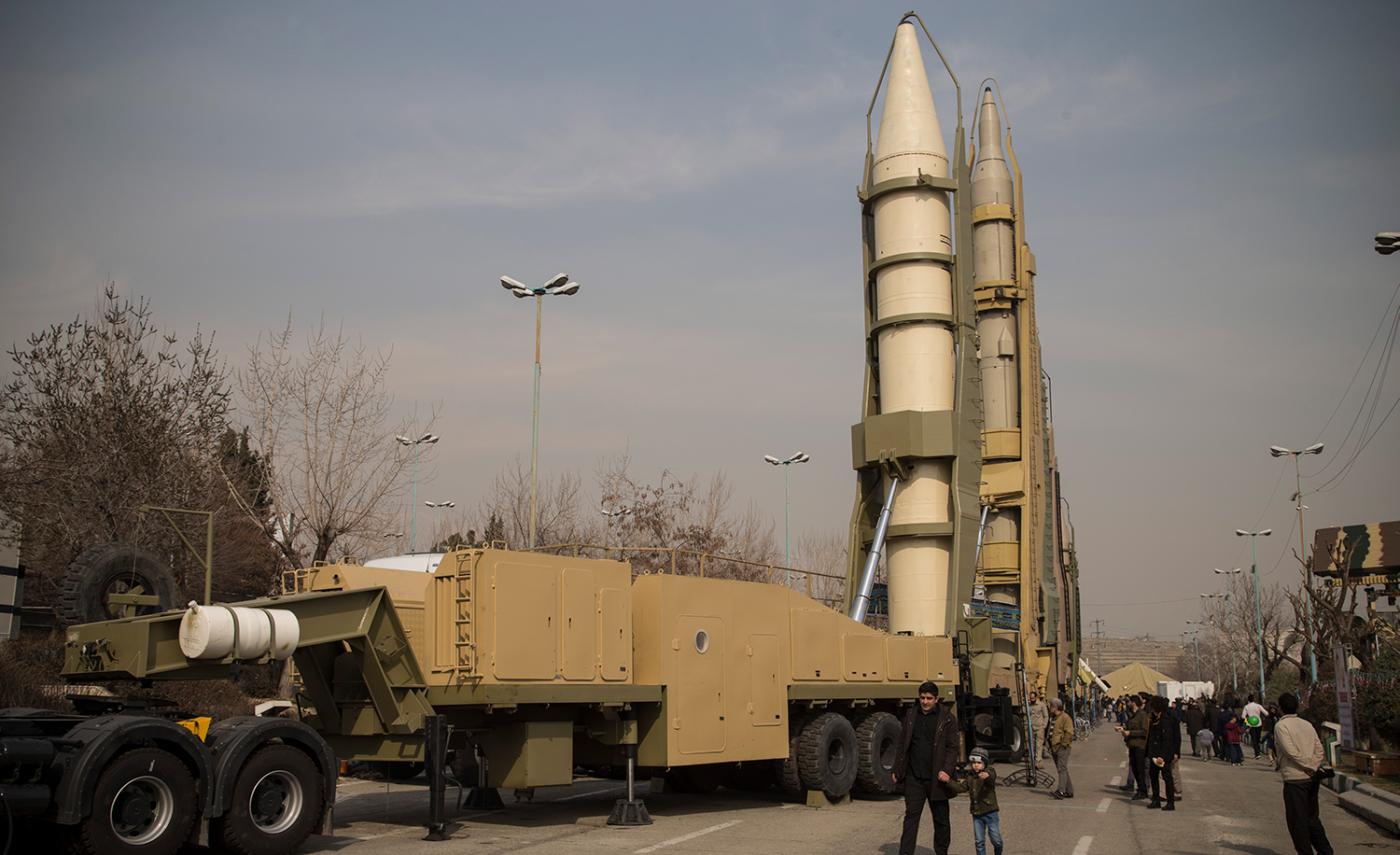This Week’s Guest: Jeremy Rabkin
Those who care about the success and security of Israel are sensitive to the many military threats it faces from—among others—Iran, or Syria, or Gaza. In recent years, those military threats have been joined by the more diffuse but still dangerous threat of what is often called “lawfare”: the use of the system of international law in order to damage and delegitimize Israel.
How does lawfare work? Is the threat to Israel as serious as some claim? And what does the use of lawfare for these nefarious purposes teach us about the very idea of international law?
These are some of the questions tackled by Professor Jeremy Rabkin of George Mason University in this podcast. Rabkin, the author of the recent book Law Without Nations: Why Constitutional Government Requires Sovereign States, makes the case that the threat of lawfare—while real—may not be as grave as some friends of Israel worry. While the Jewish state must be vigilant against those who abuse the international legal system for foul ends, Rabkin argues, the more old-fashioned practice of war and diplomacy matters far more than the efforts of activists seeking to delegitimize Israel’s existence.
This podcast was recorded in front of a live audience at the Tikvah Center in New York City. Musical selections in it are drawn from the Quintet for Clarinet and Strings, op. 31a, composed by Paul Ben-Haim and performed by the ARC Ensemble.
Listen via iTunes Podcasts | Google Play | Stitcher | Spotify
Background
Every Thursday, the Tikvah Podcast at Mosaic will bring to your car/earbuds/home stereo/Alexa the latest in our efforts to advance Jewish thought. For more on the new podcast, check out our inaugural post here.
A final note: If you would like to share your thoughts on the podcast, ideas for future guests and topics, or any other form of feedback, just send us an email at [email protected]. We’re grateful for your support, and we look forward to a new year of great conversations on Jewish essays and ideas.
More about: International Law, Israel & Zionism, Lawfare







